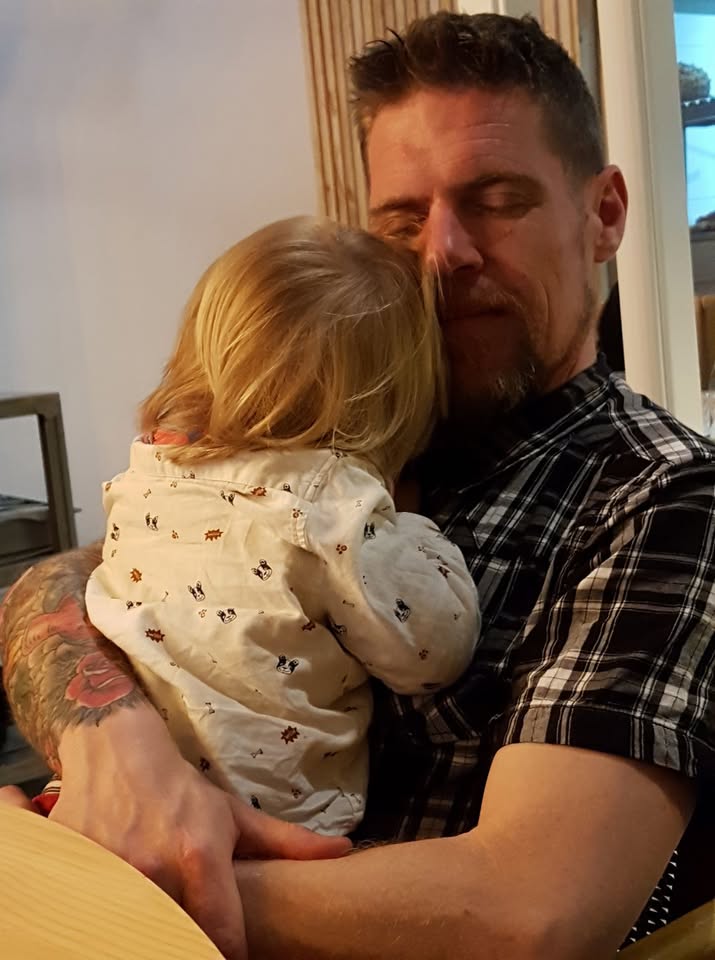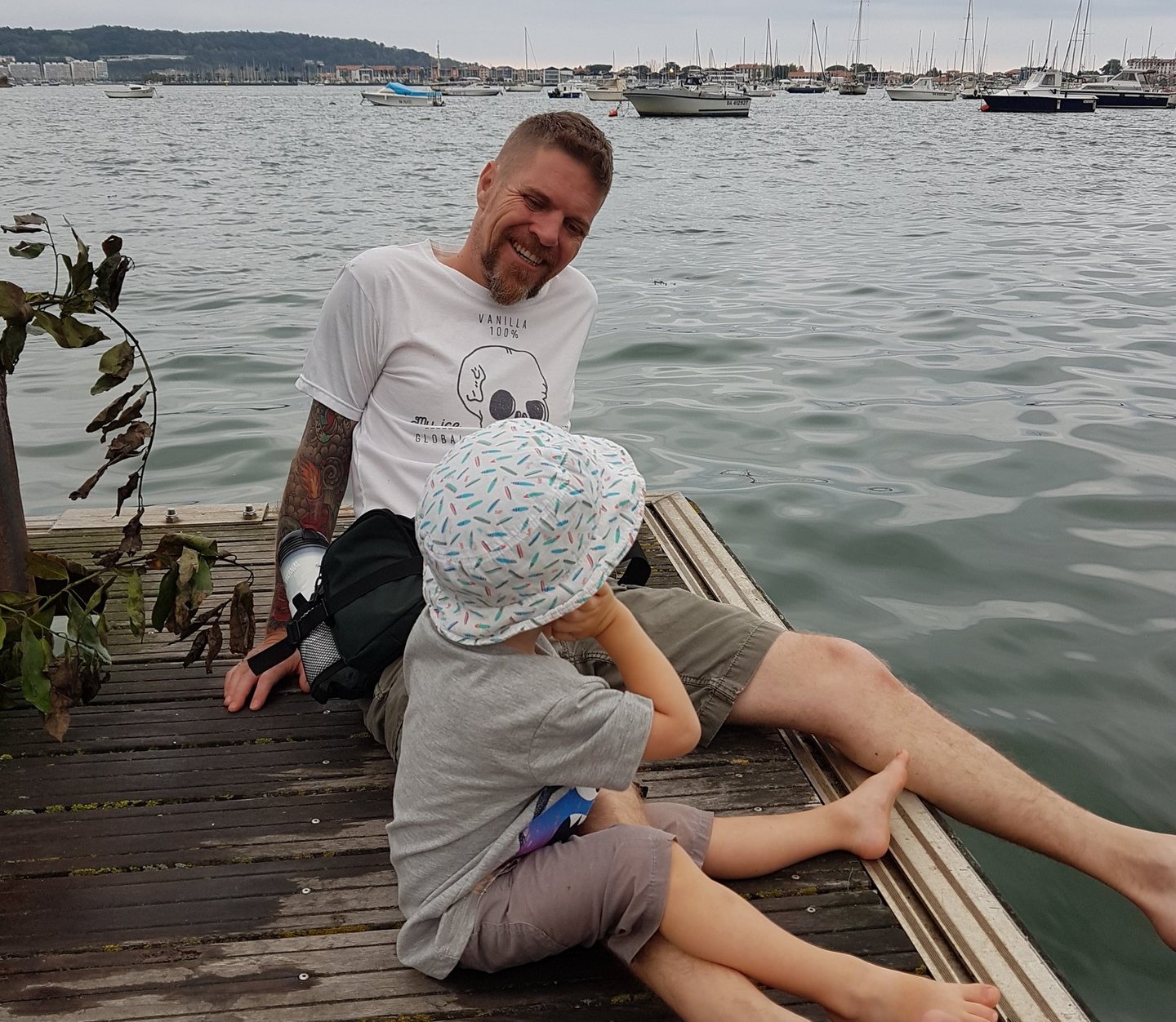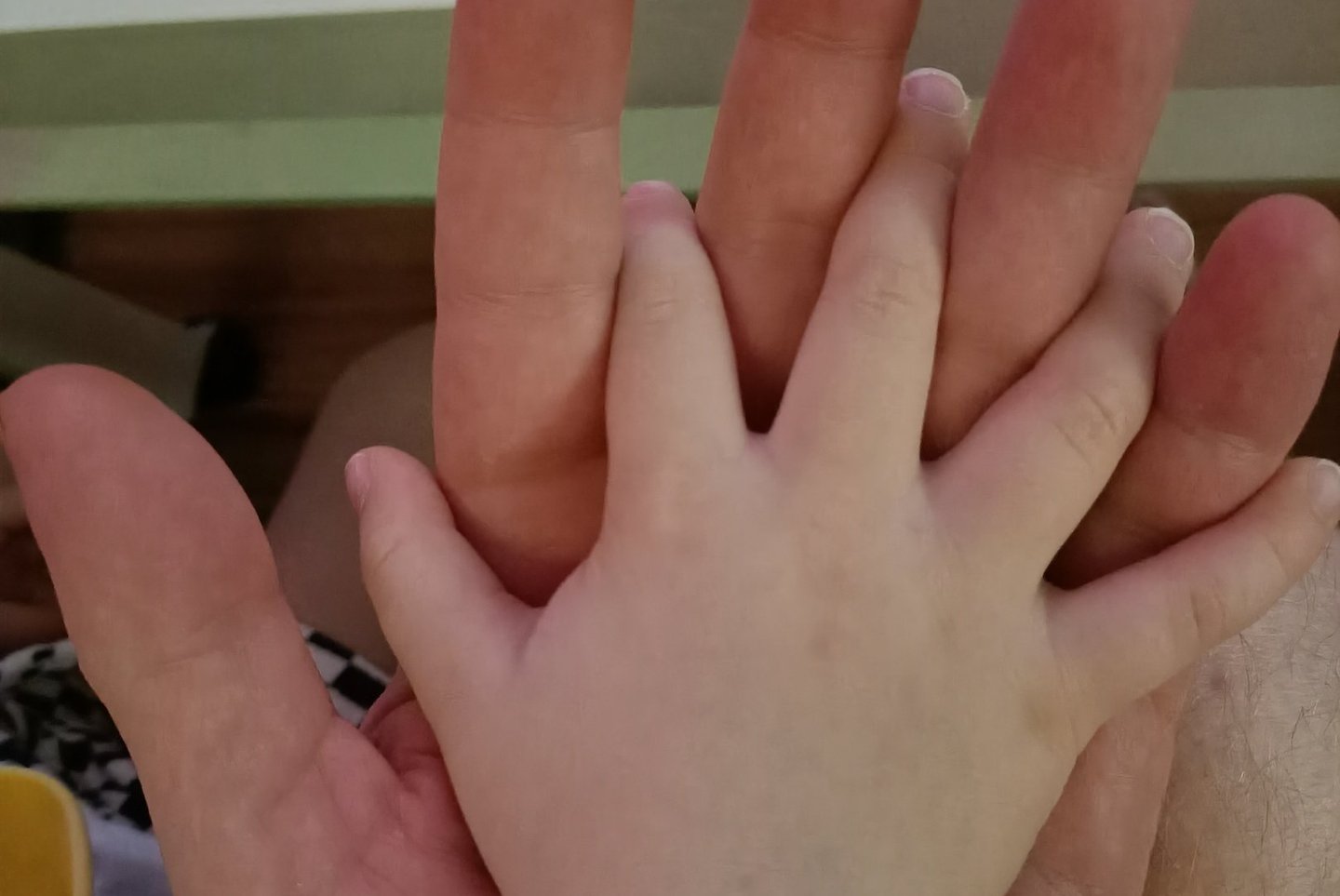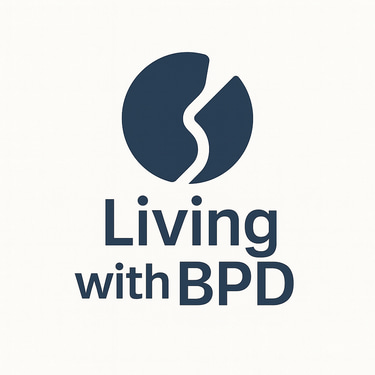

BEING A FATHER AND HAVING BORDERLINE PERSONALITY DISORDER
Being a parent with BPD isn't a title or a diagnosis; it's living each day with an emotional thermostat that sometimes works and sometimes gets stuck at maximum. I don't parent from a neutral standpoint; I parent from a place where my emotions are strong, fast, intense… and often chaotic. And yet, what brings me back down to earth the most, even when I'm burning up inside, is knowing that my son is watching me. He's the one who forces me to adjust that thermostat in time, even when everything inside me is about to explode.
That thermostat is the key to everything. There are days when it stays stable and I can contain the anger, the impulsiveness, the whirlwind that lives within me. I can regulate my internal temperature before it spirals out of control. But there are other days when it malfunctions without warning: I feel the heat rise inside, my mind race, my body tense up. It's a split second. A spark. And in that split second, I've learned to stop myself, to extinguish the fire before it burns someone who's innocent. Before Lobo sees it. Before my emotions take over a space that doesn't belong to him.
Being a father with BPD is learning to live with that thermostat in mind without obsessing over it. Knowing when you need to turn it down a notch, when you have to stop, when you need to go outside for some air, and when you can stay put. It's a self-awareness I had to develop the hard way, because before becoming a father, I let the heat do whatever it wanted. And now I can't. Now I have to manage my emotional temperature as if it were my entire life… because it is. Because it affects his.
There are days when the thermostat is stuck at the top and I feel like the world is pulling at my chest. Days when anger appears for no reason, or sadness seeps into my bones, or fear clings to my back. And even then, I stop. I regulate myself. I hold on to myself as best I can. Because I know that if I don't turn down that heat, he doesn't have to pay the price. That's the invisible work, the work no one sees. The work I do even when I'm broken.
I've had to learn to distinguish when my internal thermostat malfunctions due to anxiety, when due to exhaustion, when due to BPD, and when due to my old wounds. Learning this took me years of therapy: over 150 individual therapy sessions, where I learned which parts of my inner warmth stemmed from old hurts; over 150 visits to a psychiatrist fine-tuning my emotional chemistry; nearly 100 group therapy sessions at the health center where I discovered I wasn't alone; ARVIL, where Paco taught me to abstain from drinking from day one; and the CRL, where they told me the unvarnished truth: that my internal thermostat isn't an enemy, but rather a responsibility.
Being a parent with BPD means living with the knowledge that your internal temperature can break you down any day, but also knowing that you decide whether that warmth governs you or not. That you can be burning up inside and still offer calm. That you can be completely exhausted and still be a refuge. That you can feel too much and still not lose yourself.
And when I look at Lobo, I understand something that can only be understood from within this life: my thermostat might malfunction, but my love for him never fails. He's the only thing that forces me to adjust the temperature even when it burns me. The only thing that centers me even when I'm trembling. The only thing that reminds me who I want to be even when I'm lost.
Being a parent with BPD isn't easy.
It's profound.
It's vulnerable.
It's intense.
It's real.
And even though my thermostat is completely broken some days, I still fine-tune it every morning for him. Because he deserves my calm, even when I can't find it myself. And that's what keeps me alive and moving forward.


A Child's Trust
Lobo trusts me like no one ever has before.
It's not blind or idealized trust; it's trust built day by day, based on sincerity, stability, and presence.
He knows that, no matter what happens, I'm there for him.
That I don't lie to him.
That if I'm having a crisis, I explain it to him without burdening him.
That if a plan needs to change, I give him a reason he can understand.
That if I need to stop, it's not his fault.
And that at home he can feel without fear.
His gaze, the way he looks for me when something stirs inside, reminds me that I'm his safe haven.
That with me he feels protected, secure, and seen.
And that this bond is, probably, the most important and healthiest thing I've ever built.


Important notice: The information on this website is for informational purposes only and does not replace medical, psychological, or psychiatric care. In case of emergency or emotional crisis, contact the appropriate health services. 📞 112 📧 ayuda@vivircontlp.com · Legal notice · Privacy policy · Cookie policy
